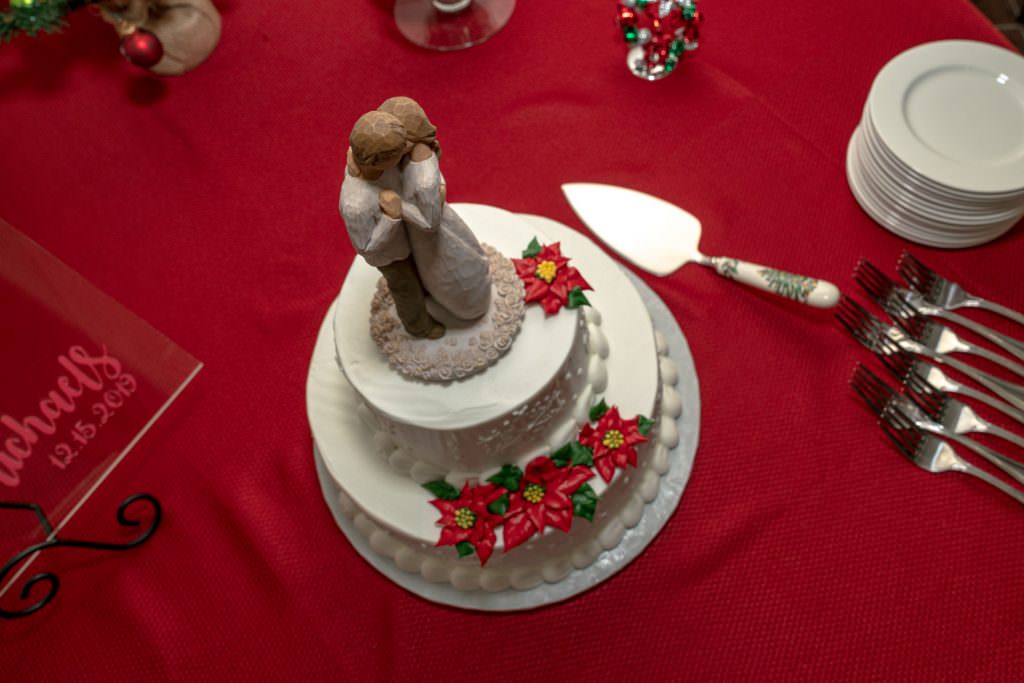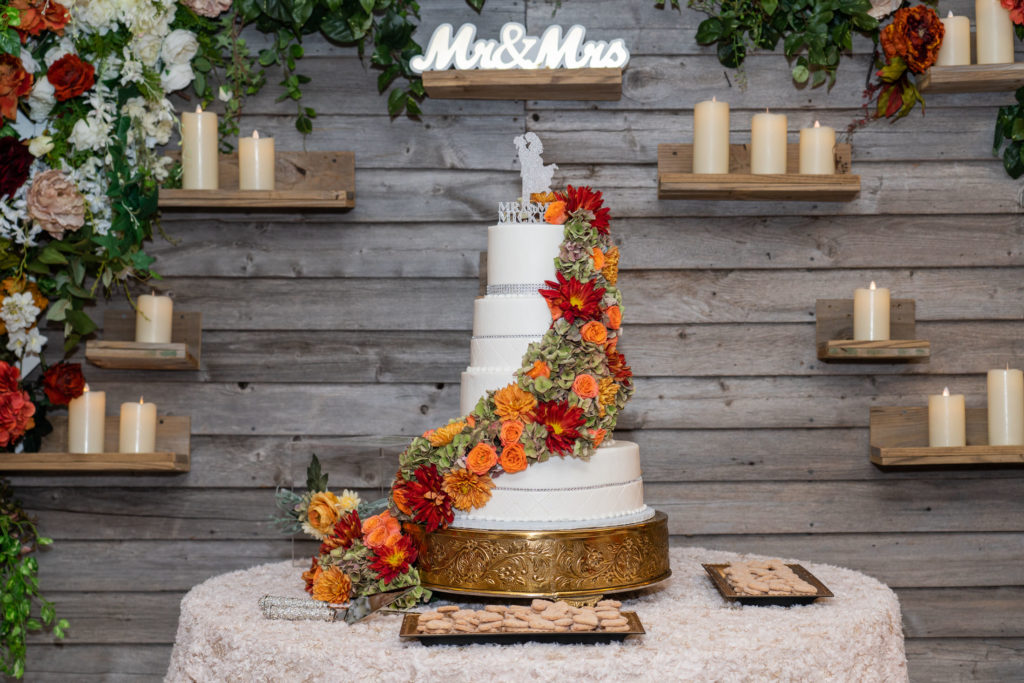There are many tips on how to start wedding planning. These tips include creating a vision board, setting a budget, and negotiating with family members. They also have finding vendors. These tips will help you plan your perfect wedding. They will also help you stay on budget and avoid pitfalls along the way.

1. Create a vision board
It’s a good idea to create a vision board to help you define your wedding vision. This tool will also help you to set priorities. Ask yourself what you absolutely must have and what you cannot live without. Include details such as the signature drink you want at the bar or your favorite color in decor. Then compare your lists and order key elements of your wedding by priority.
A vision board will help you organize your thoughts and ideas into a clearer picture. Once you have a clear picture of what you want, it will be easier to start executing your vision. It will also help you merge your wedding fantasies with your reality. As a bonus, you will have an easier time making decisions and coordinating the details.
A vision board can help you narrow down your choices and define your wedding style and vibe. It’s also a great way to find inspiration for the details of your big day. The process of creating a vision board should begin with collecting images and ideas that inspire you. This will help you come up with a cohesive theme, which you can then communicate to your vendors. Before you create your board, think about your wedding goals and style. You can then decide what materials and resources you need to collect.
You can even send your vision board to your wedding vendors to get their creative input. Wedding trends change quickly, so it’s a good idea to be flexible and make some tweaks to your wedding vision. If you are planning for a winter wedding, you might want to include a basket of warm blankets for the guests. The more you think about your vision, the more likely you’ll have a wedding that’s both beautiful and memorable.
Once you’ve selected your theme and color palette, it’s time to begin collecting inspirational photos. From the collection, choose the top 10 and organize them into a vision board that showcases your wedding aesthetics and mood. You can use a template such as Canva to add your photos to a mood board. While looking through your inspiration, take note of which colors are repeated in each image. This will help you bring your design full circle.

2. Set a budget
When starting the wedding planning process, it’s essential to have a budget in mind. This is especially important when you’re using credit cards, as interest on credit cards can quickly add up. Ask your family members if they can contribute money to help you with the wedding, and include this money in your budget. Once you have a budget in mind, you can begin breaking it down and eliminating some items on it.
Ideally, your budget should be agreed upon by both parties involved. You and your partner should discuss what your wedding budget will cover, and how much you’re comfortable spending. While you may want to break your budget into several smaller segments, it’s important to determine how much money you’re willing to spend.
Once you’ve set a budget for your wedding, it’s important to build a line item for each expense. The amount should be calculated by subtracting your monthly expenses from your income. The remaining amount should be used to pay for the wedding. It’s also important to have an emergency fund on hand.
Your parents may contribute to the wedding costs. It’s still customary for the bride’s and groom’s parents to contribute to the event, so talk to them about how they’d like to be involved. While discussing money with your family may be uncomfortable, asking for help is much better than not asking for help. While planning an event, it’s tempting to invite as many people as possible, but remember that the more guests you invite, the larger the budget will be. Also, remember that wedding costs tend to increase directly to the number of extravagant extras you’ve included.
You don’t want to empty your savings account or go into debt. Your budget should be realistic, and it should cover all of your wedding expenses. Talking with your family about your budget before committing to anything is important. In the old days, etiquette dictated the roles of parents in a wedding.
3. Negotiate with family
Negotiating with family is an important part of the wedding planning process. Many couples will try to get their families to approve of the wedding plans. However, the wedding planning process can bring out underlying tension in family relationships. It’s important to avoid extreme behaviors and to keep it as civil as possible.
Decide what’s essential and what’s not. You may have some preferences that cannot be changed, such as the type of food or the number of guests that you’d like. You should prioritize your priorities and set the budget accordingly. Ultimately, this will help you control the cost of your wedding. According to a recent study, nearly half of the couples surveyed spent more money than their initial budget.
Ensure that everyone knows your preferences, particularly when it comes to weddings. Make notes about the traditions you want to incorporate into the wedding. For example, if you want the wedding party to have a traditional wedding dress, you can mention that in the notes. It’s also a good idea to note down what you and your partner like to do when celebrating your special day. This way, you’ll be better prepared for what to expect on your wedding day.
You can also negotiate the amount of involvement your family has in your wedding planning. While your parents will most likely want to invite your friends, you might not want too much family involvement, which can detract from the event’s purpose. It’s important to discuss this matter early on to avoid unpleasant surprises and misunderstandings at a later date.
Negotiating with family and friends is an important part of wedding planning and can be stressful. If you’re not prepared to compromise, you may have to change some of your wedding plans. For example, you may want to change the date and invite more guests. Alternatively, you might have to cut back on your guest list to keep the budget in line.

5. Find Vendors
The first step in how to start wedding planning is to find vendors and negotiate with them. Discuss your expectations and budget, and be transparent with your suppliers. It is also helpful to ask questions about their processes and contracts. After all, you want to make sure they’re a good fit for your wedding. You’ll also want to ensure you’re comfortable with them, so you won’t feel like you’re imposing your needs on them.
Once you have narrowed down your list to three or four vendors, start reaching out to them. You can always reach out to more vendors later. In your initial messages, ask three important questions: is the vendor available on your wedding date? Will they travel to your venue? And is their package pricing within your budget? After all, you don’t want to end up with a wedding planner who is not available.
When it comes to wedding vendors, getting references and recommendations from people you trust is essential. A wedding planner knows many vendors and can help you decide which ones will best fit your wedding style. Remember to take things one step at a time – and be patient! By the time you find a good vendor, you’ll be on your way to planning a beautiful wedding.
Once you’ve narrowed down your list, it’s time to determine which vendors are a priority and which ones don’t. Celebrants, photographers, and wedding planners are the most popular wedding vendors. Make sure you discuss your vision with each of them before you start the process. Ask them to send you examples of weddings in your budget range to help you gauge what’s best for you.
Aside from meeting in person with wedding vendors, you can also meet them at wedding conferences and events. This way, you can ask questions and get an idea of how they work. Additionally, you can meet couples who have already had similar weddings and can provide helpful tips.
Conclusion
In conclusion, wedding planning is a process that takes time and effort. Following the tips in this article can make the process a bit easier. Remember to enjoy the process and take your time making decisions. Most importantly, you have a wedding that reflects your personality and style.
Contact Us!
Visit our Contact Page!
Check out our Facebook Page!


